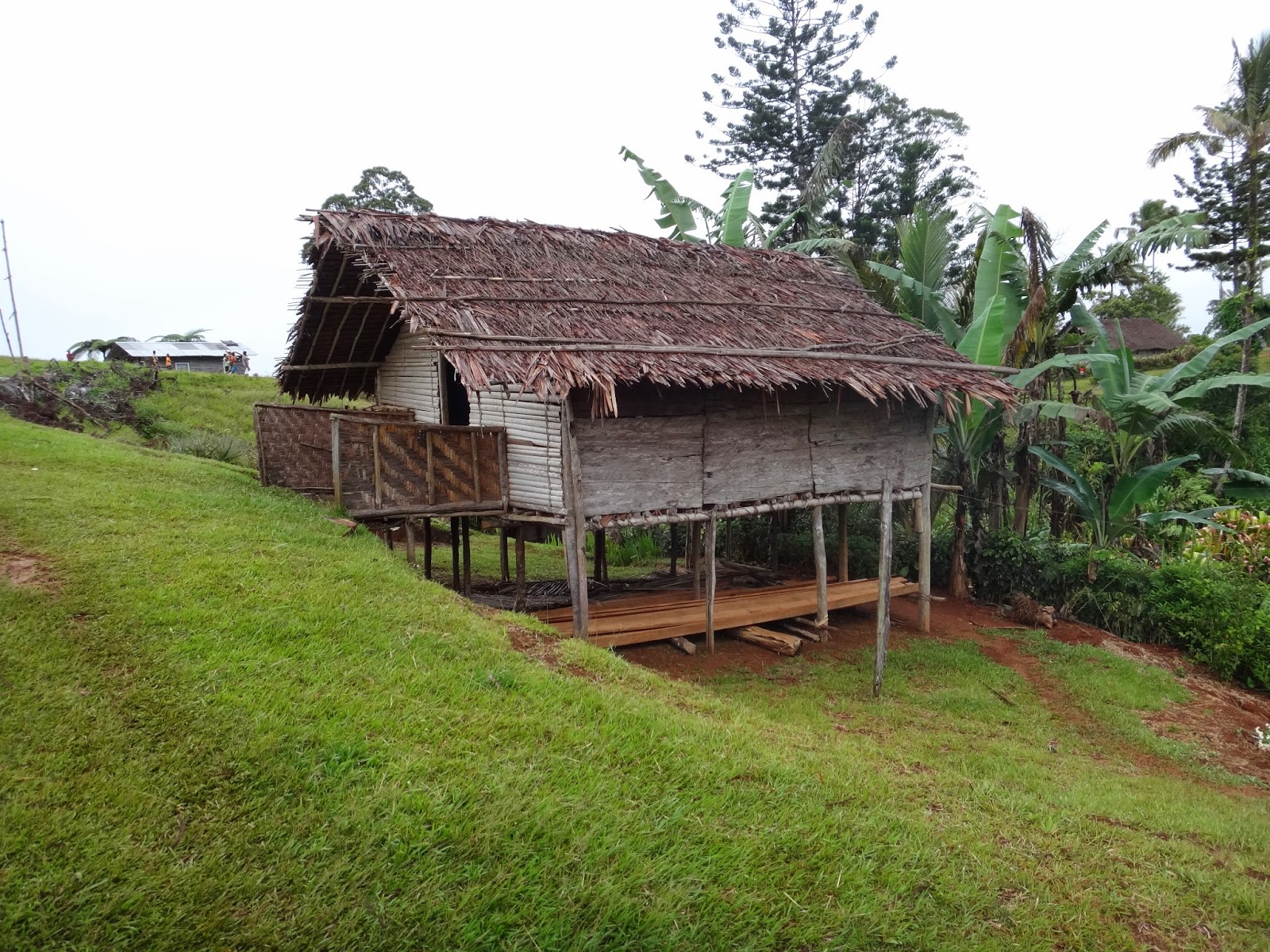Sometimes I
am at a loss about what to blog about and yet I feel the need – must blog,
haven’t blogged for 6 weeks, must blog, must blog…and so here I am sat at the
laptop on a sunny Friday morning. Reuben has just begun his morning nap and I
am listening to the competing sounds of the bread machine, the washing machine
and the birds singing outside.
My thoughts
are a jumble. There are so many things I could write about and yet nothing
seems big or important enough. I feel overwhelmed by small stuff, but I am not
sure any of it is the stuff of blogs. I am momentarily put off, distracted by
other things I could or should be doing, and yet…
Something I
have started thinking about in the last few days is seasons. People are posting
pictures of their children playing in piles of leaves, friends here talk of
yearning for ‘fall’ days and trying to wear orange scarves even though it’s too
hot for scarves, and it has gradually dawned on me that this is the first
autumn we have missed. In 2012 we experienced ‘fall’ in the US when we drove
along North Carolina’s Blue Ridge Parkway in late October – the colours were
incredible, burning themselves into my memory with their intensity. Last year,
we were in the UK with new baby Reuben and I remember walking through a forest
near our home with him sleeping on my chest in the baby carrier. This year,
there are no visual changes in my environment that refresh memories or thrill
with their vividness. And yet, the more I ponder, the more I see that there are
‘seasons’ here – some that are predictable , but most that are not.
We have
noticed that the jacaranda trees bloom at this time of year. The centre is a
patchwork of purples and they are truly beautiful. Indeed, we have just planted
some where the much missed trees were in our garden. They are tiny now, but we
hope that they will grow. You can buy mangoes again at the market and the
kingfishers are in residence for a time. Other markers recently have been the
end of the financial year (here, it is the end of September), so everything has
been shut for stocktake. Worst of all, the store was shut for over a week, but
the inconvenience of its closure has now been replaced by the relief of
reopening and the reminder of how lucky we are to be able to access so much, so
much of the time. It is easy to forget that we live 5,000 feet up in the
mountains and expect things to be the same as they are in the UK.
The seasons
I feel the most here are those that occur in relation to people. July is the
main time people leave for furlough (a year in your home country) and everyone
braces for a time of loss. But then new people arrive and the cycle begins
again. But other exits are more unpredictable – people suddenly disappear for a
whole host of reasons and suddenly a season has changed and you had no warning.
It’s unsettling, confusing and occasionally frustrating, but it is just part of
life here and being in this job. And then there is the constant hum of
homesickness that unpredictably starts to buzz so that you can’t ignore it and
makes you spend hours languishing on facebook, emailing and yearning for
family. It stings, it subsides into the background, it stings, it subsides, it
becomes like a season that I dread and yet desire.
On the home front
it feels more like we are navigating milestones than seasons as Reuben grows
and develops. He is really walking now and into everything. He is weaning,
stacking rather than destroying, opening and closing doors, trying to talk,
sharing, finding his ‘will’, waving, high-fiving, mimicking, making friends,
wearing shoes, moving things, exploring and and and…surprising us with his
energy, yet reminding us of his vulnerability. He is even experiencing some
independence as I begin some teaching again in the next few weeks. He is very
sociable so we hope that going to nursery regularly will be fun for him. But it’s
definitely a season change for him and me. I am going to teach a short course
on basic critical thinking skills to new Papua New Guinean Bible translators. I
haven’t taught adults before, so no doubt it will be a steep learning curve.
I told you
that my thoughts were a jumble, but here they are anyway. Now, I must hang out
the laundry, finish dealing with today’s vegetable haul from the market and do
some more lesson plans before Reuben wakes up. Tell autumn that we miss her.















































